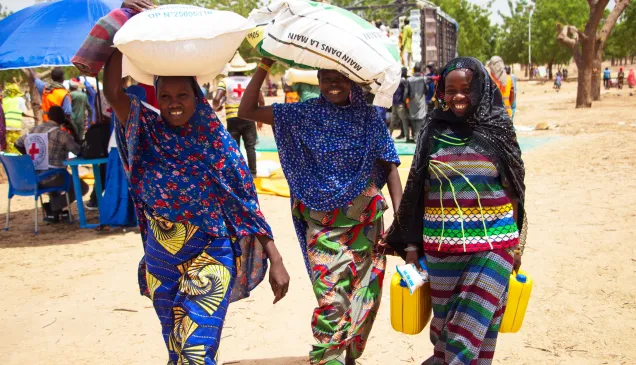Since the establishment of ad hoc international criminal tribunals and the adoption of the Rome Statute of the International Criminal Court, European – in particular South Eastern European (SEE) – countries have launched proceedings before domestic courts for the purpose of prosecuting and punishing the perpetrators of serious international crimes, including international humanitarian law (IHL) violations. The considerable caseload of war crimes cases in SEE to be handled by national jurisdictions constitutes a test for the implementation of international law principles, some of which are still in development (e.g. principles of international criminal law (ICL)).
It is important to recall that the primary responsibility for the prosecution and prevention of these international crimes lies with the states: international criminal jurisdictions play only
a subsidiary role in this endeavour. In addition, international ad hoc tribunals lack the capacity to try all suspected perpetrators of widespread violations and atrocities, such as those
committed in the Balkans. Thus, national procedures are the most efficient and practical means to bring the perpetrators to justice. In most cases such procedures are preferred given
the proximity to the scene of the crime and to victims, which provides victims with access to justice.
On 19 and 20 May 2014, the ICRC, the OSCE Office for Democratic Institutions and Human Rights (ODIHR), the OSCE Mission to Bosnia and Herzegovina, the Court of Bosnia and Herzegovina and the Swiss Embassy in Sarajevo, jointly organised a regional conference in Sarajevo which brought together judges, prosecutors and defence attorneys from across Europe who deal with the prosecution of war crimes to discuss the role of domestic jurisdictions in the implementation of international law, including IHL, ICL and human rights law. The conference coincided with the 150th anniversary of the first Geneva Convention (1864) which provides for the first rules of international law protecting victims of armed conflict. The conference was an opportunity to assess the extent of domestic prosecutions for international law violations in Europe.



